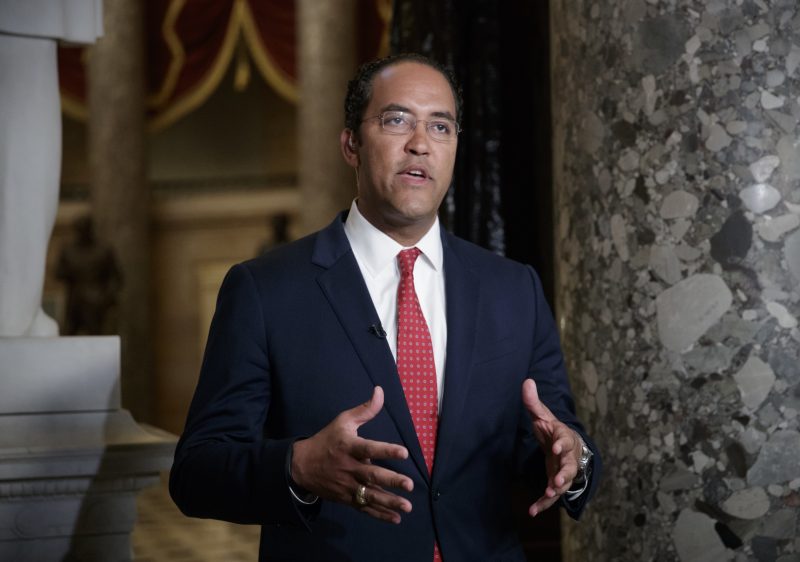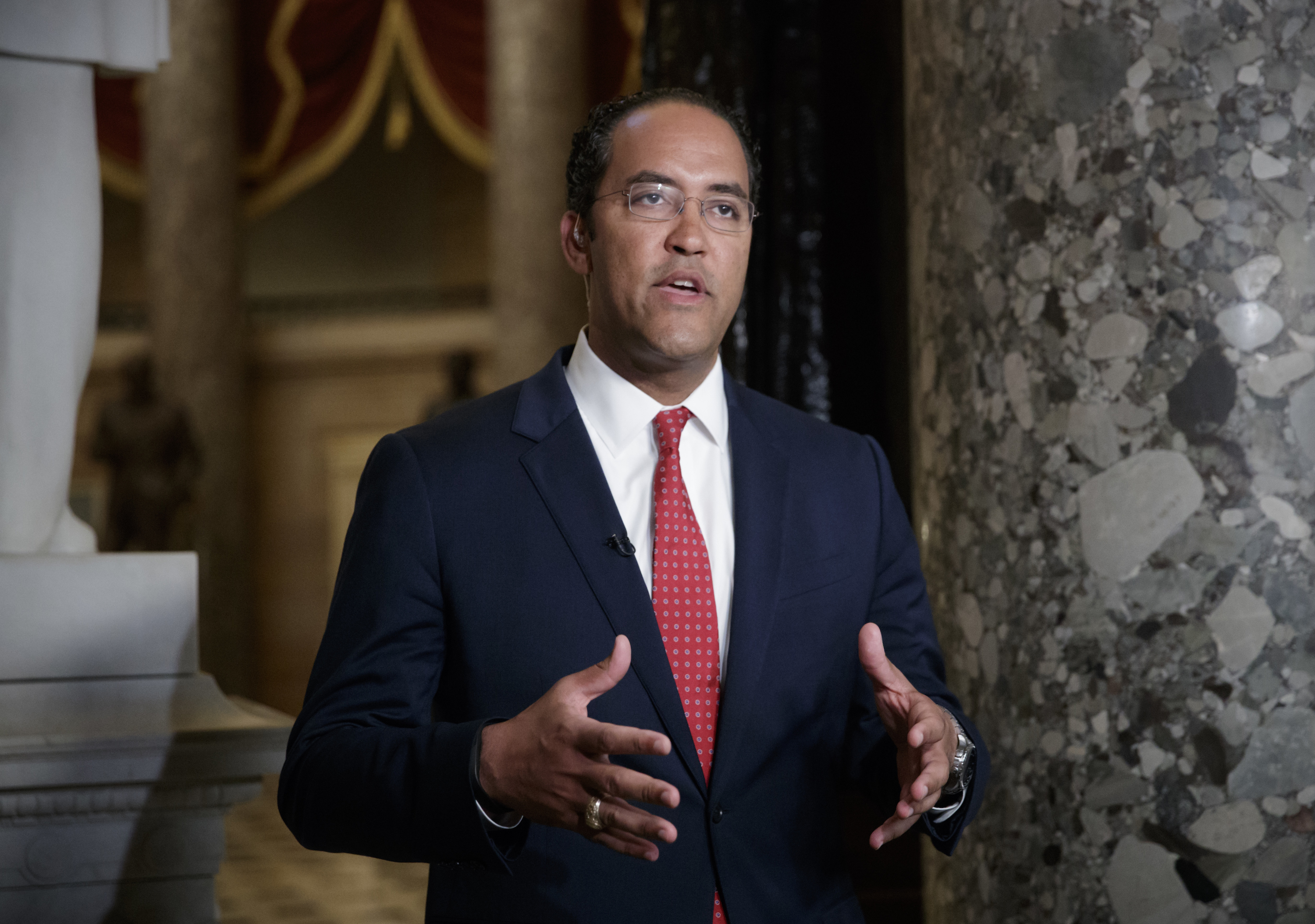- President Donald Trump declared a national emergency on February 15 in order to free up funds to build his desired wall along the US-Mexico border.
- Democrats were quick to say they would take action in response – saying the president was undermining Congress’ power of the purse as laid out in the constitution.
- On Tuesday, Democrats in the House of Representatives voted for a joint resolution to block the declaration (which Trump said he would veto).
- Some Republicans have also expressed unease with the national-emergency declaration. Here are the 13 GOP members of the House of Representatives who broke with Trump on Tuesday.
President Donald Trump declared a national emergency on February 15 in order to free up funds to build his desired wall along the US-Mexico border.
Democrats were quick to say they’d take action in response – saying that the president was undermining Congress’ power of the purse as laid out in the US Constitution.
On Tuesday, Democrats in the House of Representatives voted for a joint resolution to nullify the declaration, and more than a dozen attorneys general filed a lawsuit against the president.
Read more: The House just voted to terminate Trump’s national-emergency declaration
However, Democrats are not the only ones who were wary of a national emergency declaration. Both before and after Trump declared the national emergency, Republicans worried that it would set a precedent that future Democratic presidents could use to declare an emergency for something like climate change or gun violence.
Many GOP lawmakers fell into step with the president (182 Republicans voted against the resolution in the House), but there are some holdouts. Politico reports that if one more Republican joins Democrats and the three GOP senators who have said they'll vote for the resolution, it will pass and go to Trump for signature.
Trump has said he will veto the legislation, setting up a potential attempt to override the veto with a two-thirds majority vote in each chamber of Congress.
Here are the House Republicans who, along with Democrats, voted for the joint resolution to block Trump's national emergency declaration and the senators who have said they will vote for the resolution in the Senate.
Rep. Justin Amash

The Republican representative from Michigan was the only Republican to cosponsor the bill.
"The same congressional Republicans who joined me in blasting Pres. Obama's executive overreach now cry out for a king to usurp legislative powers," Amash tweeted on Saturday. "If your faithfulness to the Constitution depends on which party controls the White House, then you are not faithful to it."
Rep. Brian Fitzpatrick from Pennsylvania

Rep. Mike Gallagher from Wisconsin

Rep. Will Hurd of Texas

Rep. Hurd represents the largest swath of the southern border, yet he is a vocal opponent of Trump's border wall. Hurd has called for a more technologically savvy approach to border security.
Rep. Fred Upton of Michigan

Rep. Jim Sensenbrenner of Wisconsin

Rep. Cathy McMorris Rodgers of Washington

Rep. Jamie Herrera Beutler of Washington

Rep. Dustin "Dusty" Johnson of South Dakota

Rep. Greg Walden of Oregon

Rep. Elise Stefanik of New York

Rep. Thomas Massie of Kentucky

Rep. Francis Rooney of Florida

Sen. Thom Tillis of North Carolina

The Senate has not yet voted on the resolution, but due to the procedure required for this type of action, the upper house of Congress will take up the matter within the next several weeks. (It cannot languish in committee or never be brought to the floor by Senate Majority Leader Mitch McConnell.)
Sen. Tillis wrote in an op-ed in The Washington Post saying that "President Trump has few bigger allies than me when it comes to supporting his vision of 21st-century border security, encompassing a major investment in technology, personnel and infrastructure, including new physical barriers where they will be effective."
Despite his support of Trump's border security proposals, he said he would support a resolution to disapprove of Trump's declaration of a national emergency.
"As a U.S. senator, I cannot justify providing the executive with more ways to bypass Congress," Tillis wrote.
Sen. Susan Collins of Maine

Last week Sen. Collins told the Associated Press, "If it's a 'clean' disapproval resolution, I will support it."
Sen. Lisa Murkowski of Alaska

On Tuesday, The Hill reported that Murkowski would support the resolution.
"When I say probably, I want to make sure that what in fact we are voting on when it comes to the Senate is what I believe it is," she told local news station KTUU last week. "If it's what I have seen right now, I will support the resolution to disapprove."
